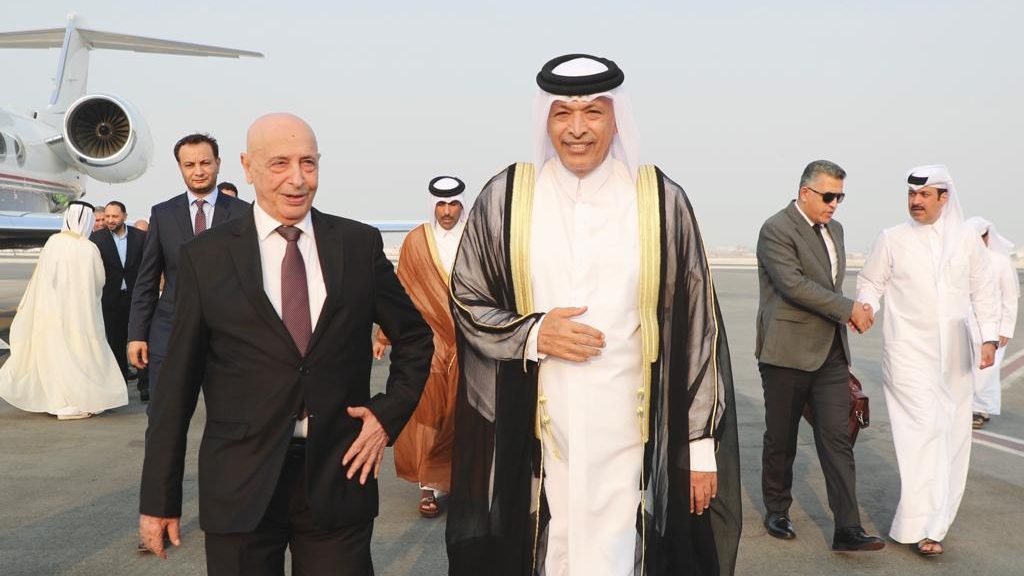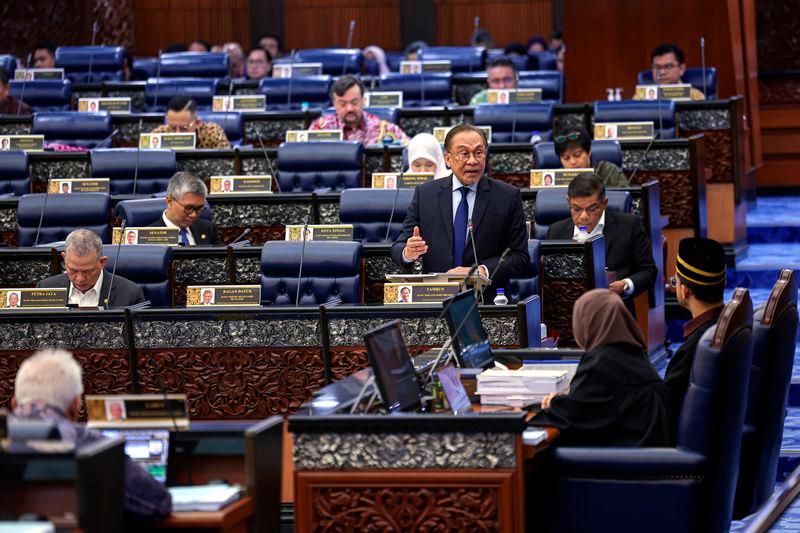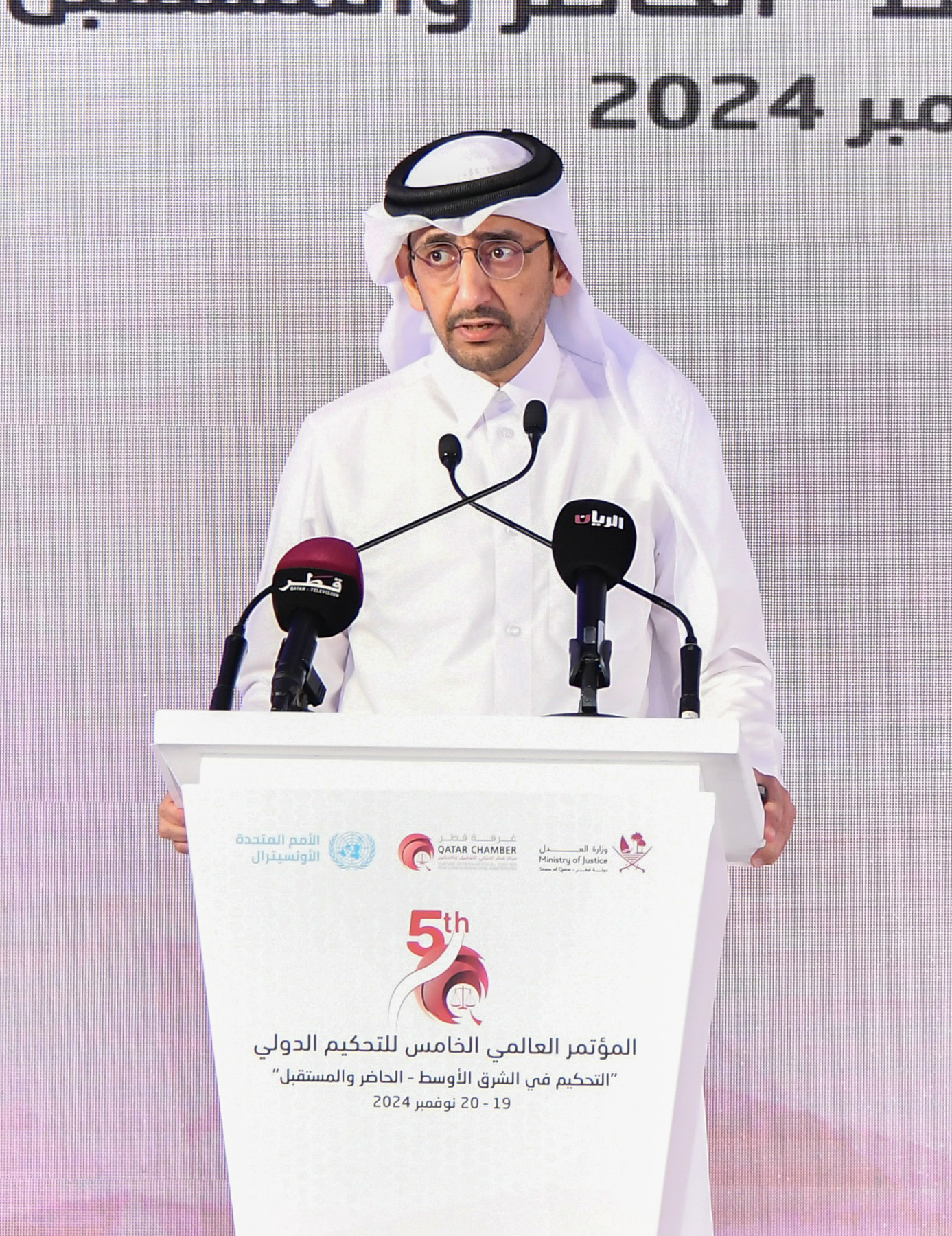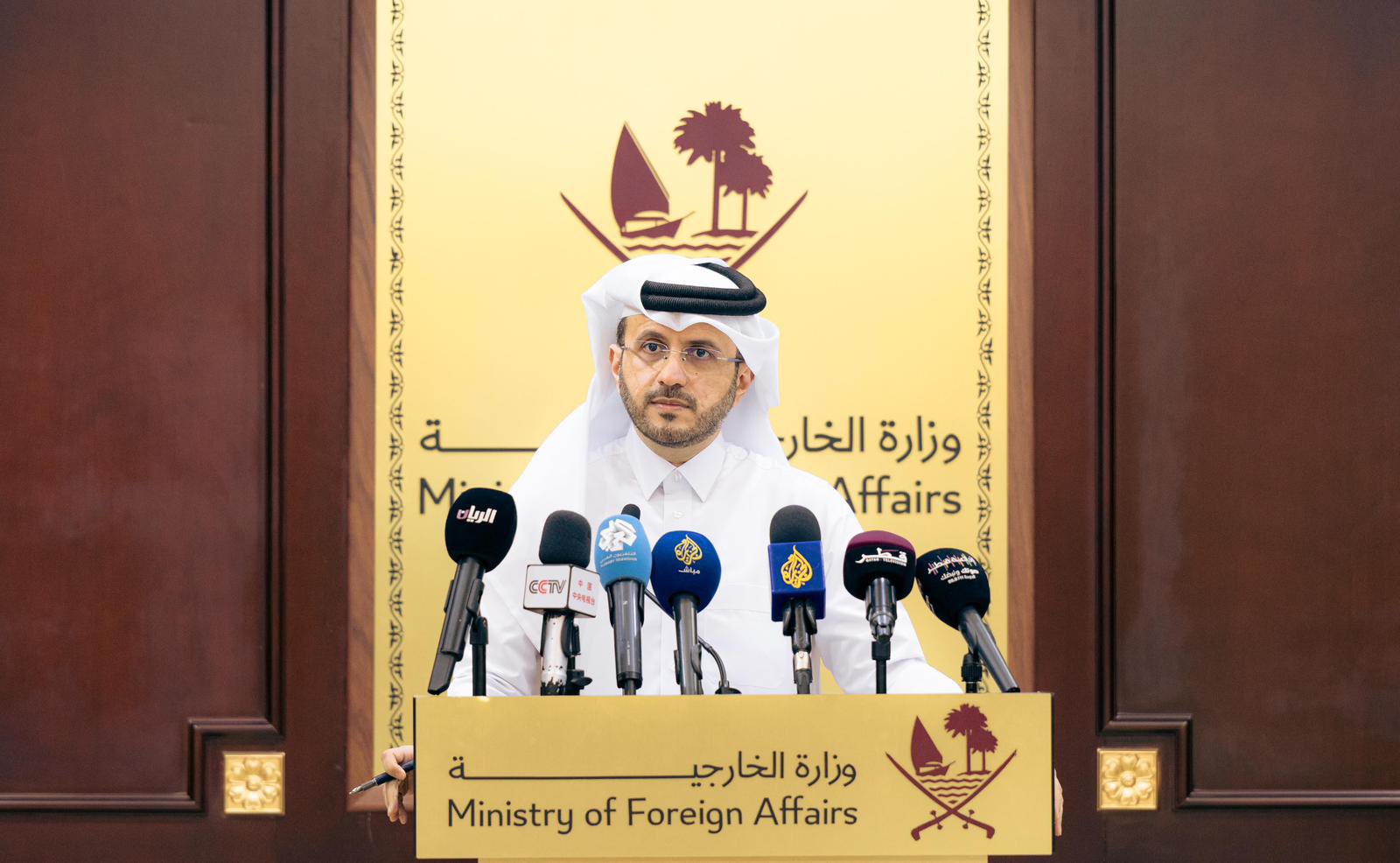The meeting comes after Libya witnessed its worst clashes in two years between rival factions last month.
Libya’s Parliament Speaker Aguila Saleh travelled to Qatar on Saturday in an effort to push for peace in the crisis-hit country after months of political unrest.
Citing Libyan lawmaker Abdel-Men’em Al-Arfy, Anadolu Agency (AA) reported on Friday that Qatar’s Foreign Minister Sheikh Mohammed bin Abdulrahman Al Thani had invited Saleh to visit Doha during an earlier meeting in Turkey last month.
“Saleh will seek to convey the view of the Libyan Parliament and State,” Al-Arfy told the Turkish news agency, noting the visit aims to bridge differences between Libyan sides.
The official’s visit also comes days after Head of Libya’s Government of National Unity (GNU) Abdul Hamid Al Dbeiba travelled to Qatar, where he met with Amir Sheikh Tamim bin Hamad Al Thani.
According to Qatar’s news agency, Amir Tamim and Dbeiba discussed the situation in Libya as well as bilateral ties.
On Tuesday, Qatar’s Minister of State for Foreign Affairs Sultan Al Muraikhi met with Libya’s Foreign Minister Najla El Mangoush in Cairo on the sidelines of the 158th session of the Arab League Council.
The meeting also dealt with bilateral cooperation and issues of common concern.
Political turmoil
The minister-level meeting in Egypt came a week after Libya witnessed its worst clashes in two years between rival factions.
That standoff came amid rising tensions between the UN-backed GNU and the newly-appointed rival administration of Fathi Bashagha.
More than 30 people were killed in the violent clashes, which had raised fears over yet another war in Libya that is reminiscent of the deadly 2019-2020 offensive by warlord General Khalifa Haftar.
According to AA, the latest Arab League meeting saw Egypt withdraw to protest the attendance of the Dbeibeh administration.
“We respect the withdrawal of the Egyptian foreign minister, but disagree with it as it violates the Arab League charter and UN Security Council resolutions,” Al-Mangoush told the press in Cairo.
The Dbeibeh government was scheduled to remain in power until the December presidential elections in 2021. However, the date was changed days ahead of the elections to 24 January this year by the High National Election Committee (HNEC).
Bashagha, seen as Haftar’s ally, then came to power in February after he was appointed by the eastern-based House of Representatives. The parliament defended the move by saying that Dbeibah’s time in office had expired.
This has led to a political divide between two rival administrations, with Dbeibeh refusing to step down until after elections take place.
Groups affiliated with Haftar had also stopped funding Dbeibah’s government to apply pressure on the GNU.
The three-month blockade was only lifted after Dbeibah appointed Haftar-allied Farhat Bengdara as the state oil company chief. During the embargo, the Libyan government lost more than $3 billion in revenue.
On 17 May, Bashagha attempted to take control of Tripoli before being forced out of the capital city within hours following violent clashes.







